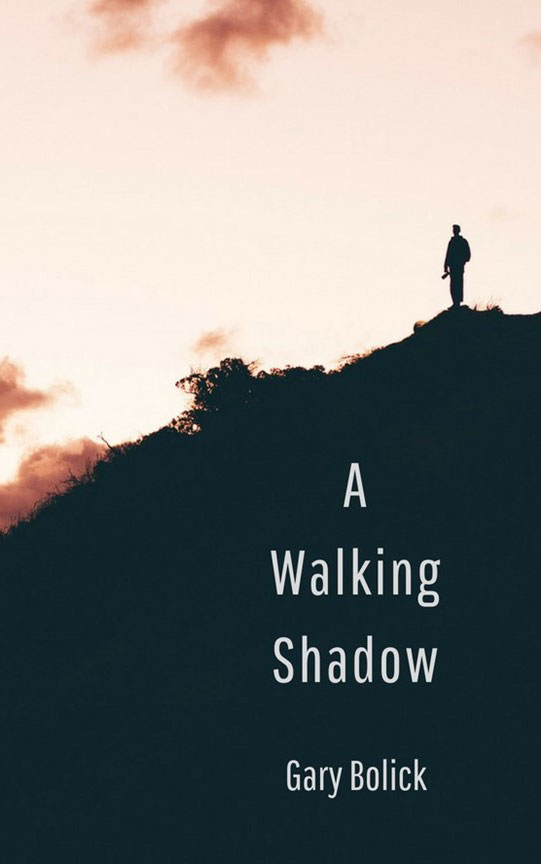“Yes, the inquisitive hermit out in the delta seems to have unlocked the greatest secret of them all.”
All Mankind once shared the same instinctual connections to the planet as all the other species that thrive, here, on earth. Threading ourselves into the wind, the light, the electromagnetic field and the rhythm of the ocean tides, we were a delicately woven pattern in a wonderous tapestry. In “River Talk (fables of connections‒lost)” the reader is introduced to Marchon Baptiste, a hermit living in the delta who still possesses these instinctual connections and more. He possesses the ultimate gift and connection to the planet: the language of water. “River Talk (fables of connections‒lost)” is a journey of profound rediscovery. An epic tale wherein the reader encounters a host of enchanting, humorous and illuminating characters who are attempting to restore a personal and spiritual connection to their wellspring‒Earth.
“Yes, you remember him well, now. So, you see it. Through him, water speaks, informs in ways that are new, even, to us. My elders spoke of the final dissolution. Like a bird in flight who no longer feels the air lifting it. Suspended it realizes that body and spirit, earth and elements are no longer separated, and so begins the chanting; the four elements reversing their movement. The expansion slowing, all matter of energy, matter, and life gather. It will be a long hot fire. Yes, only life in and of the water will survive the purge, here.
“In the song of the whales is the root of these chants. What sounds mournful is life in transition, energy and movement spreading out. Light separating to reconfigure into another form. Water does this before our very eyes. Now we have one among us who hears its chant. So, his wondrous connection has us rubbing up against the outermost cycle of this expansion.
“We have been given an echo of the uninterrupted whisper of the universe pitching and yawing as it expands to the point of a new collapse. This one, this Marchon Baptiste, is our portal, offering a whisper of what my elder called the closing lullaby of the expansion. When all light and energy and life move to transform, and dissolve to fashion a new expression of all of us. That is why we are with you now.
“Seems the water has taken pity on this one, and in doing so has led us all together for a purpose. There in that sterile, harsh place, where the raven and the water led you, is a woman named Adele, a nurse. She is the last to have spoken to the trapper. Find her and leave.
“With her help, find the trapper and then go to the island of the elders−Rapa Nui. There one of the elders will speak to you. It will sound like a whisper from a familiar dream that will draw you to your specific place. The great stone faces of the elders are in fact just as the lonely trapper has been labeled and so foretells: tuning forks to channel you out and into the light and on and into the expansion. Be safe, my son.”




